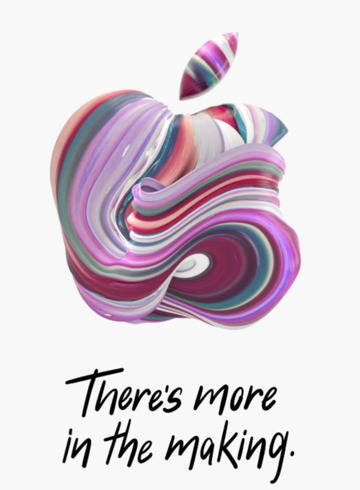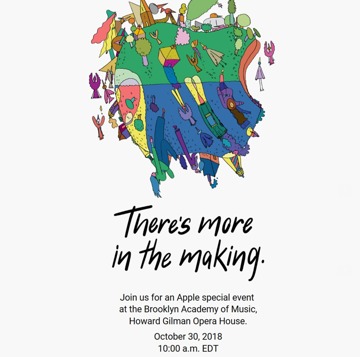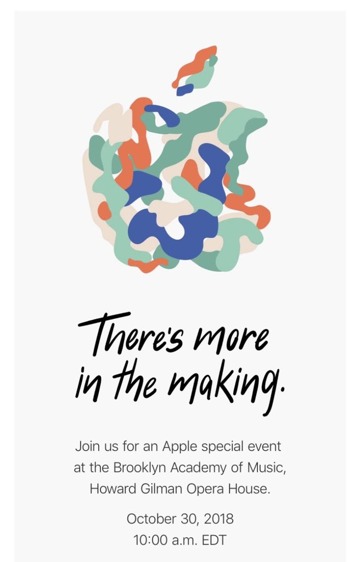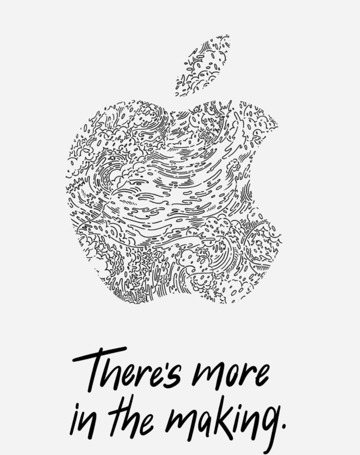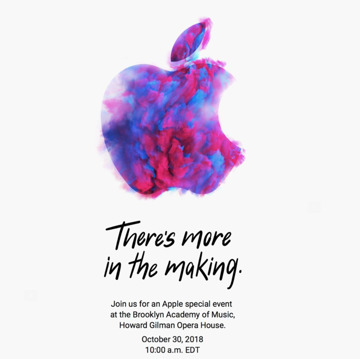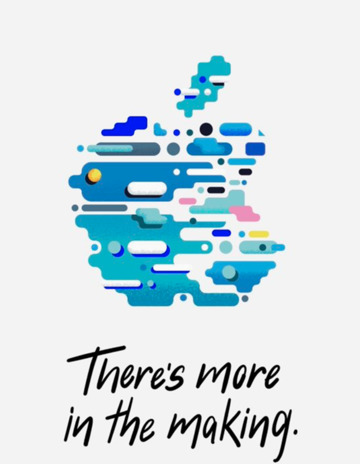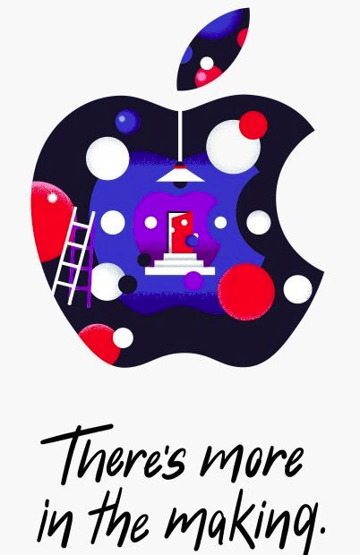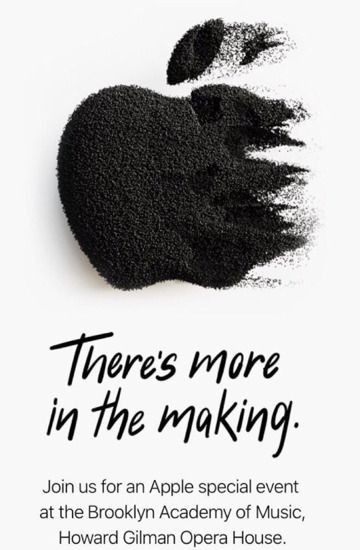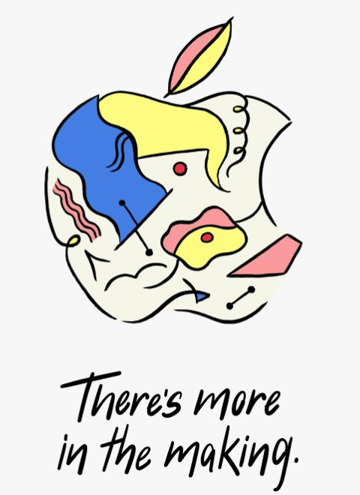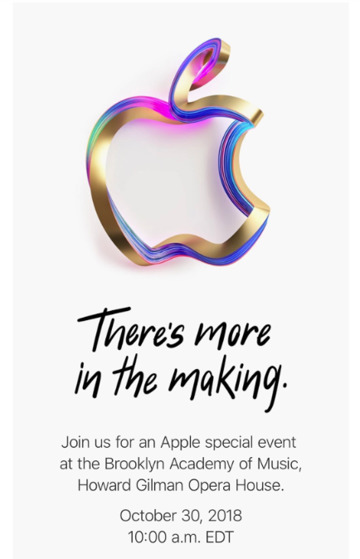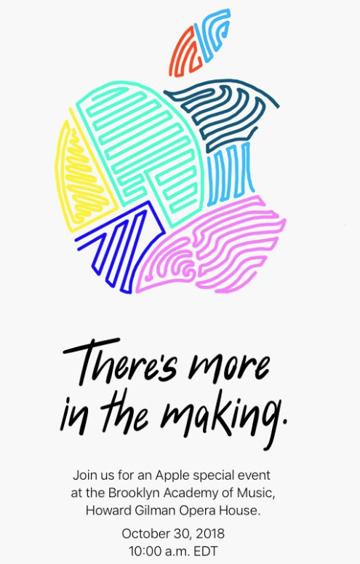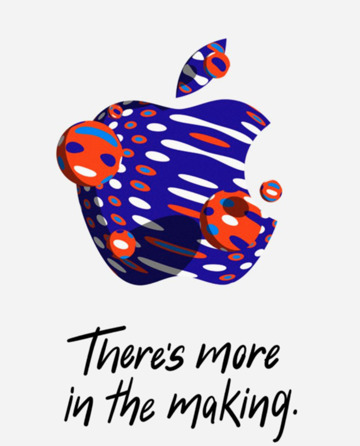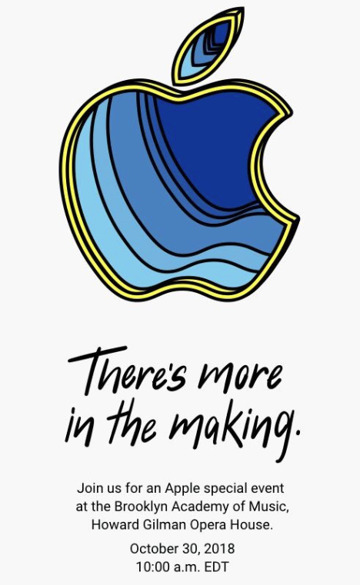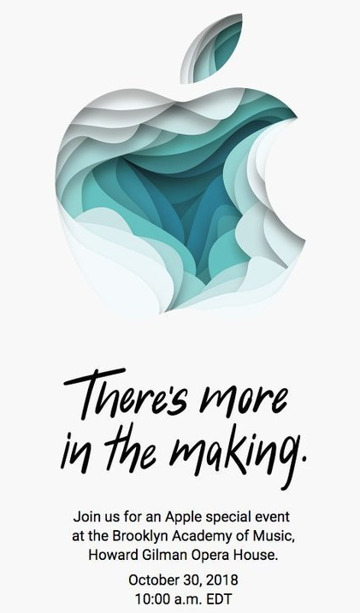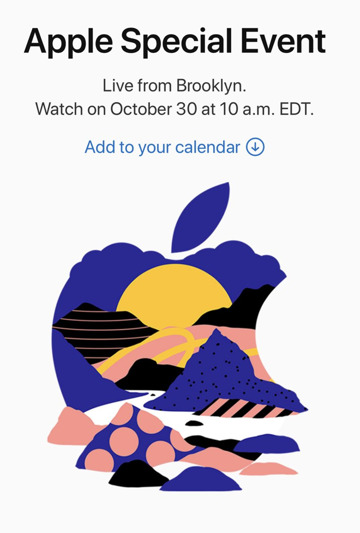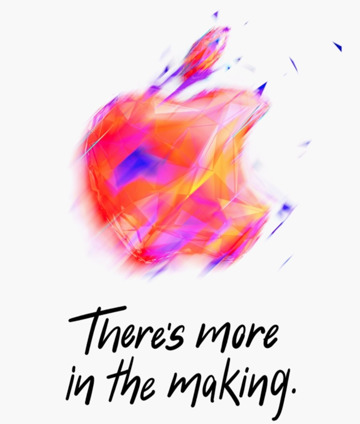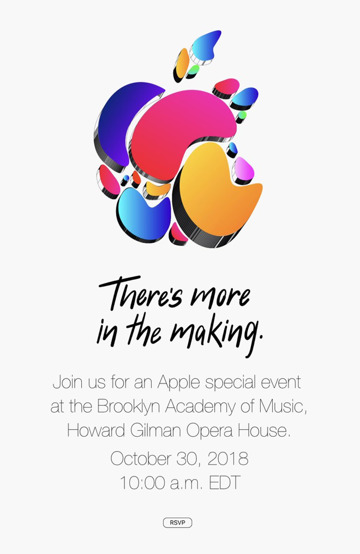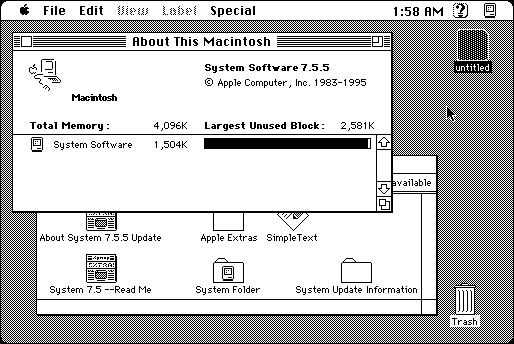sultrysandy
Moof - Geekette
- Joined
- Jul 15, 2016
- Posts
- 207,261
.
Posting this in case you've any of these installed.
More Data-Stealing Apps Yanked from Mac App Store
Mac anti-malware applications and utilities published by cybersecurity company Trend Micro have been removed from the macOS App Store after online allegations that the programs were collecting and exporting user browsing histories to external servers.
The apps include Dr Cleaner, Dr Cleaner Pro, Dr. Antivirus, Dr. Unarchiver, Dr. Battery and Duplicate Finder.
The company claims that the software uploaded only the last 24 hours of browsing history at the time of installation for “security purposes ... to analyze whether a user had recently encountered adware or other threats.” That argument doesn't completely make sense because many Mac adware infections persist for months, and one day's browsing history wouldn't be much help in detecting those.
The browsing history was uploaded to an Amazon cloud server, which goes against Apple developer rules. It's not clear whether Apple booted the programs or whether Trend Micro voluntarily pulled them out of the App Store.
.
Posting this in case you've any of these installed.
More Data-Stealing Apps Yanked from Mac App Store
Mac anti-malware applications and utilities published by cybersecurity company Trend Micro have been removed from the macOS App Store after online allegations that the programs were collecting and exporting user browsing histories to external servers.
The apps include Dr Cleaner, Dr Cleaner Pro, Dr. Antivirus, Dr. Unarchiver, Dr. Battery and Duplicate Finder.
The company claims that the software uploaded only the last 24 hours of browsing history at the time of installation for “security purposes ... to analyze whether a user had recently encountered adware or other threats.” That argument doesn't completely make sense because many Mac adware infections persist for months, and one day's browsing history wouldn't be much help in detecting those.
The browsing history was uploaded to an Amazon cloud server, which goes against Apple developer rules. It's not clear whether Apple booted the programs or whether Trend Micro voluntarily pulled them out of the App Store.
.







